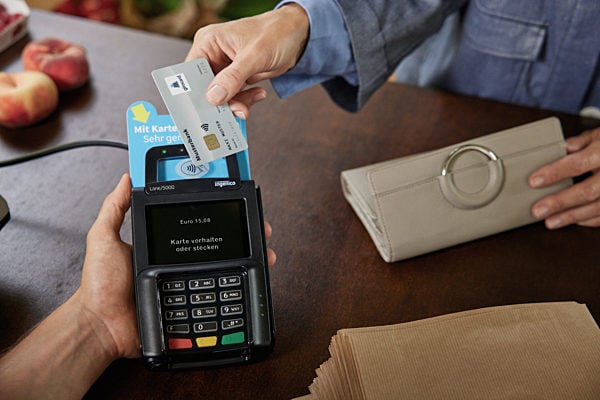Rato, who is also a former Spanish economy minister, will now remain at liberty until the court rules definitively on his case.
Rato was sentenced on February 23 for misusing funds when he was the boss of two Spanish banks.
He was tried with 64 other former executives and board members, accused of misusing €12 million ($12.7 million) between 2003 and 2012. He is expected to file an appeal.
The case caused an outrage in Spain, where it was uncovered at the height of a severe economic crisis that left many people struggling financially – made all the worse because Bankia later had to be nationalised.
Pending a final verdict, the anti-corruption prosecutor did not ask the National Court hearing the case to take Rato into custody.
Rato's behaviour during the trial “was completely appropriate”, the National Court said, adding that it saw “no need for precautionary measures”.
Only one banking union, the CIC, urged the court to jail Rato immediately.
READ MORE: Ten Spanish corruption scandals that will take your breath away
The union had filed a complaint to the court, under a Spanish law that allows organisations and individuals who are not directly linked to a case to do so.
Rato and the other executives were accused of having paid for personal expenses with credit cards put at their disposal by both Caja Madrid and Bankia, without ever justifying them or declaring them to tax authorities.
These expenses included petrol for their cars, supermarket shopping, pricey holidays, luxury bags or parties in nightclubs.
Rato, 67, denied any wrongdoing and said the credit cards were for discretionary spending as part of executives' pay.
In another case that also made waves in Spain, the king's brother-in-law Inaki Urdangarin was also left free without posting bail following his sentence of six years and three months for siphoning off millions of euros.
Rato was economy minister and deputy prime minister in the conservative government of Jose Maria Aznar from 1996 to 2004, before going on to head the International Monetary Fund until 2007.
In October 2015, the judicial authorities confiscated his passport as they investigated him over suspected tax fraud, money laundering and fraud.



 Please whitelist us to continue reading.
Please whitelist us to continue reading.
Member comments